When Can I Give My Baby Peanut Butter? How to Safely Introduce Peanut Butters to Babies
Peanut butter and babies -- it's a controversial topic among parents, even in today's day and age. While there are varying opinions on when to introduce your baby to peanut butter, the science and research behind it all clears things up.
As a new parent, the research is what you want to listen to, not another parent's opinion. If you're a fan of the rich, smooth, gooey goodness of peanut butter you may find yourself asking ''when can I give my baby peanut butter?''.
Well, this blog (and trustworthy research) is here to guide you.
A Note on Peanut/Food Allergies
So, what is an allergy or reaction to a certain food anyway? In basic terms, it's the immune system's response to a foreign substance that it does not recognize or tolerate -- such as peanuts.
This response results in a range of side effects, known as an allergy. Just some of them include hives, shortness of breath, diarrhea, vomiting, and even anaphylaxis -- a life-threatening condition.
All parents need to be aware of the 8 major foods that cause allergies in babies and children. They include peanuts, milk, eggs, other tree nuts, wheat, soy, fish, and shellfish.
For many years parents lived under the impression that all babies could not tolerate peanuts. However, research shows that holding off from introducing your child to peanuts before the age of one year old can actually increase their risk of developing an allergy.
The LEAP Study
The LEAP studies, conducted in 2008, are now the basis for peanut introduction guidelines for babies. These studies center on how the early introduction of peanuts can decrease the risk of a peanut allergy. The basis of the study is quite simple.
Researcher, Dr. Gideon Lack noticed that peanut allergies were 10 times more prevalent in Jewish children in the United Kingdom than those in Israel. He then went on to discover that the reason for this was due to early exposure to peanuts from infancy among Israeli Jewish children.
LEAP -- which stands for Learning About Peanut Allergy -- conclusively shows that introducing your child to peanut butter before the age of one is actually beneficial, rather than dangerous.
When Can I Give My Baby Peanut Butter? The NIH Guidelines
Since the 2008 LEAP studies, the National Institutes of Health (NIH) have developed a set of guidelines regarding peanut introduction. Whether you're a new parent or have multiple children, it's a good idea to understand these guidelines and the timing of peanut butter introduction:
Guideline One
If you are aware that your child has an egg allergy or suffers from serious eczema, it's important to only introduce your child to peanut butter from 4-6 months old.
You must get clearance from your pediatrician regarding this first, though. And they may need to conduct a few supervised, controlled allergy tests beforehand.
Guideline Two
If your child has mild to moderate eczema, the guidelines stipulate that it's safe to introduce peanut butter from 6 months old. But, you'll also have to consult with your pediatrician first and they may want to carry out a controlled test beforehand.
Guideline Three
If your child does not have any other allergies, eczema, or skin conditions, it's safe to introduce peanut butter from the age of 6 months old. Ideally, you want to introduce peanut butter as soon as you start them on solid foods, which is usually around this time.
It's also worth noting that exposure to peanuts in non-allergic pregnant mothers can also reduce the risk of peanut allergies in their children.
Safety Tips on Introducing Peanut Butter
Peanut butter is a brilliant addition to any child or adult's diet. It's packed with healthy fats, protein, and is a very satiating accompaniment to any meal. Especially natural peanut butters that are free from sugar, salt, and other additives.
As the NIH guidelines suggest, start introducing peanut butter to your child when they first start showing an interest in eating solid foods. For some babies, that could be around 4 months old. For others, it could be from 6 months onwards.
Ideally, you want to introduce peanut butter to your child before they turn one year old. Here are some smart feeding tips:
- Start off with a small spoonful of plain peanut butter -- make sure to thin it out a little water for easier swallowing
- Wait for 10-15 minutes after the first introduction and take note of any allergic reaction symptoms
- If your child reacts well, you can continue feeding them peanut butter with their meals
- Always use smooth peanut butter -- avoid the nutty, chunky kind as this could pose a choking hazard
You want to serve your baby plain peanut butter at first. Don't mix it in with other fruits, vegetables, etc. This way, it's easier to pinpoint exactly where an allergic reaction comes from if it's just plain peanut butter.
Always introduce new foods to your baby in the comfort of your own home so you can watch them closely for any reactions.
What Are the Signs of a Peanut Allergy?
The reason why peanut butter has its reputation is because of how severe some allergic reactions can be. In the worst-case scenario, a peanut allergy could have severe or deadly consequences. However, instances of these types of allergies are far rarer, than they are common.
Most of the time, an acute allergic reaction will take a few minutes to show up. This is a sign of a serious peanut allergy and symptoms include:
- Shortness of breath and wheezing
- Swelling of the throat and mouth
- Throat tightness
- Pale skin
- Loss of consciousness
In other cases, a less severe allergy could show up after a few hours. That's why it's important to keep an eye on your child for the rest of the day after the first introduction of peanut butter. Some of the less severe allergic symptoms include:
- A runny nose
- Sneezing
- Wheezing
- Pale skin
- Hives -- this looks like red, blotches on the skin, similar to a mosquito bite
- Skin itching -- especially around the mouth and throat
- A skin rash, such as eczema
- Diarrhea
- Nausea and stomach cramps
- Vomiting
If you have your concerns, don't wait to see if the symptoms get worse. Take your child to see your pediatrician right away, or visit the emergency room for a pediatrician consult.
Healthy and Delicious Nut Butters for the Whole Family
So, when can I give my baby peanut butter? The succinct answer to this question is any time from 6 months old if your child does not have any other allergies and they show an interest in starting solid foods.
If you're looking to stock up on a delicious array of nut butters to introduce to your children, American Dream Nut Butter has you covered. Explore our site for a range of low-sugar, low-carb, protein-packed peanut, almond, and cashew butters, suited to the entire family!
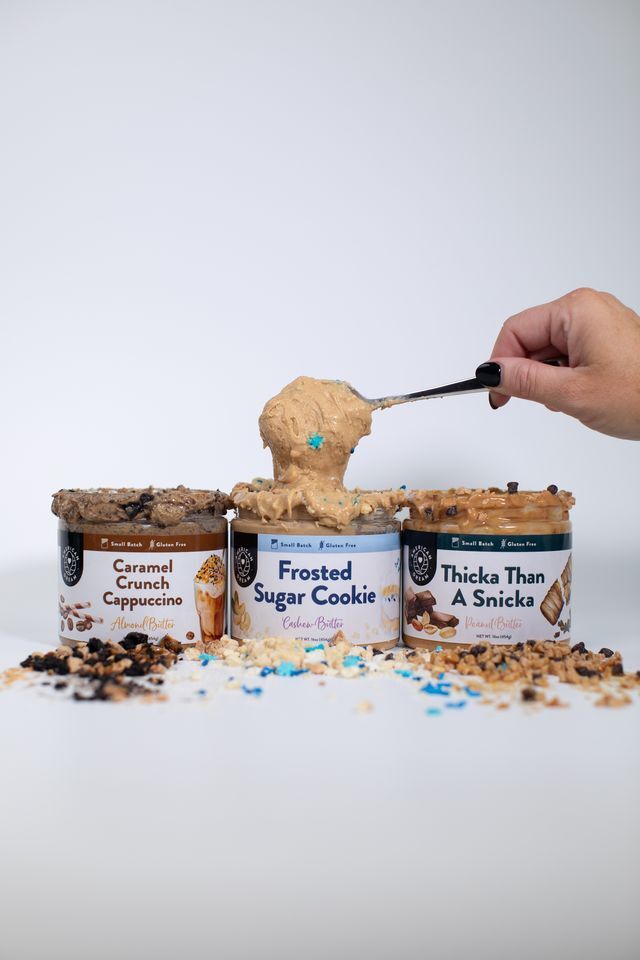 All Nut Butters
All Nut Butters
 Newest Flavors!
Newest Flavors!
 High Protein
High Protein
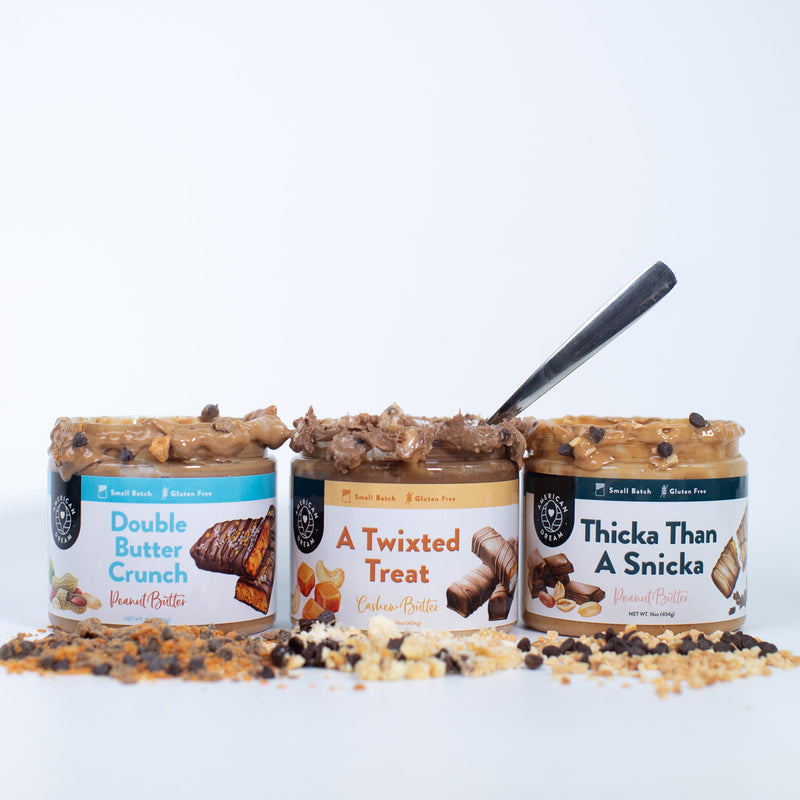 Butter Bundles
Butter Bundles
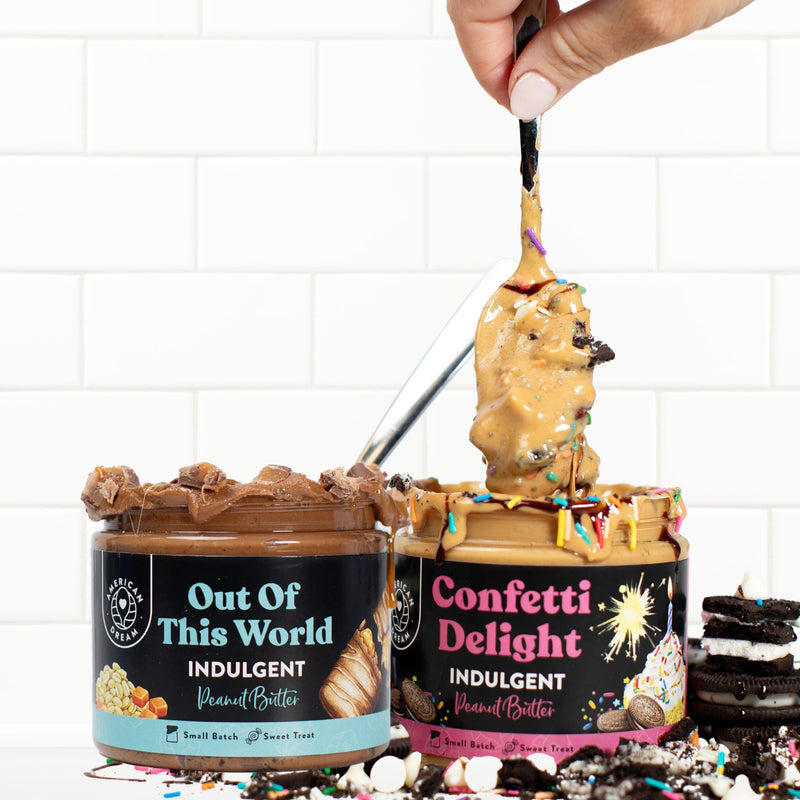 Indulgent Butters
Indulgent Butters
 Cookies
Cookies
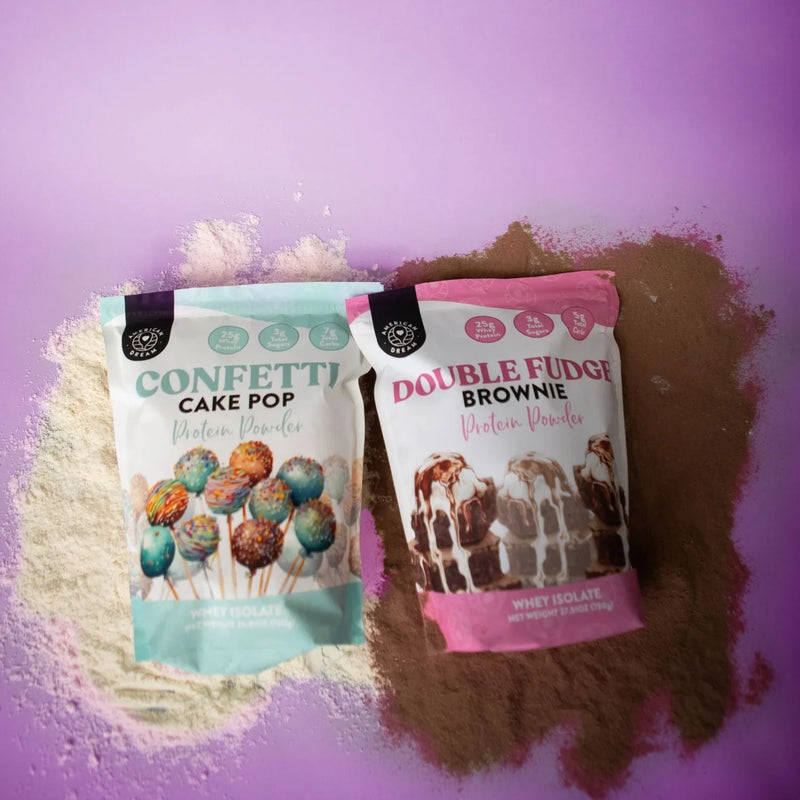 Nutrition
Nutrition
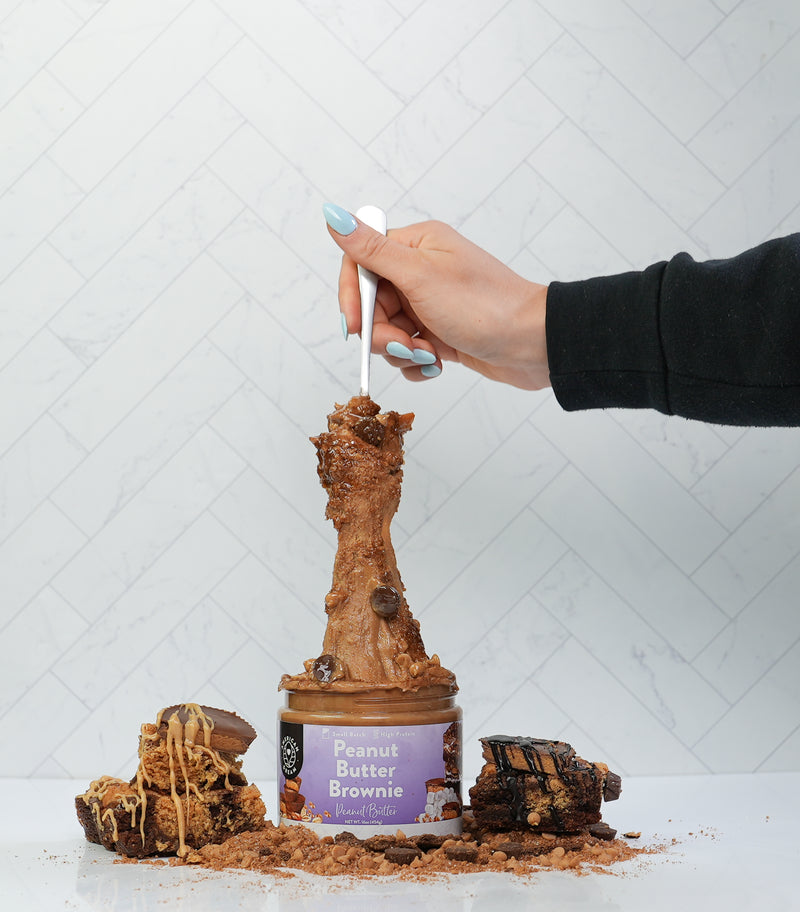 Retiring Soon
Retiring Soon
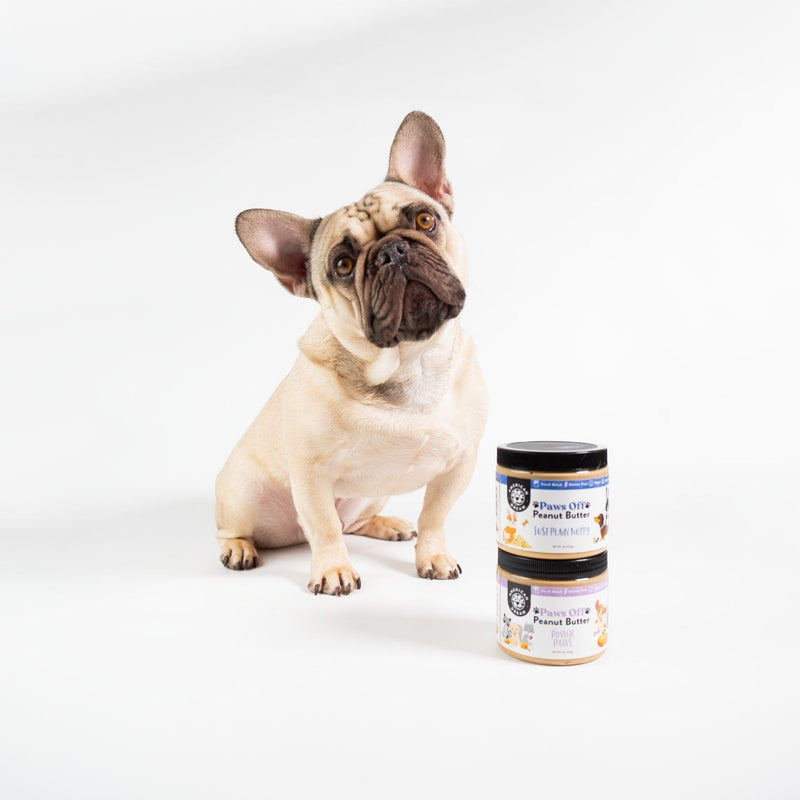 Paws Off
Paws Off
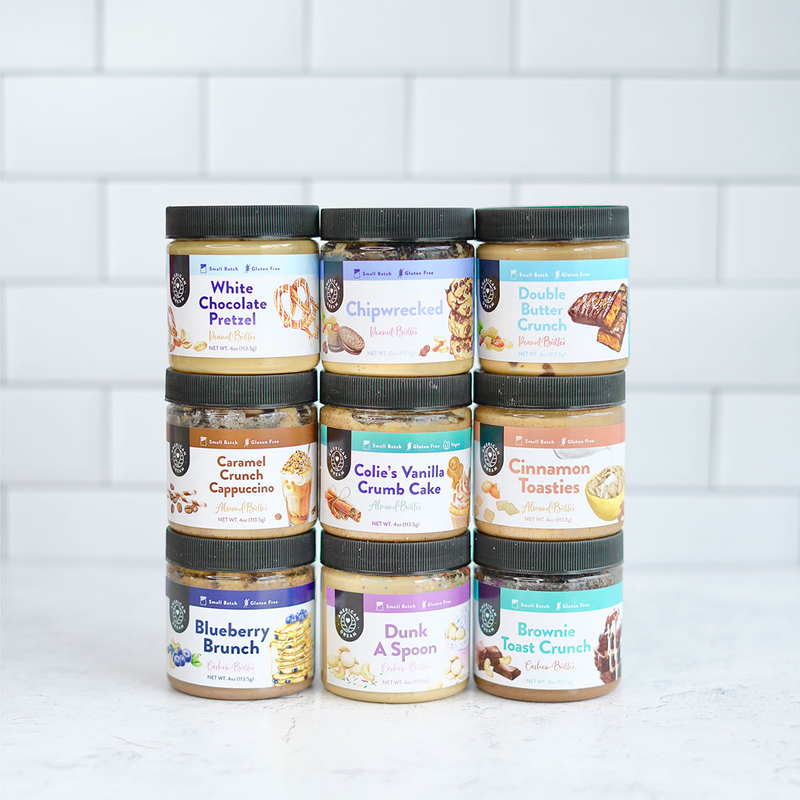 Sample Sizes
Sample Sizes
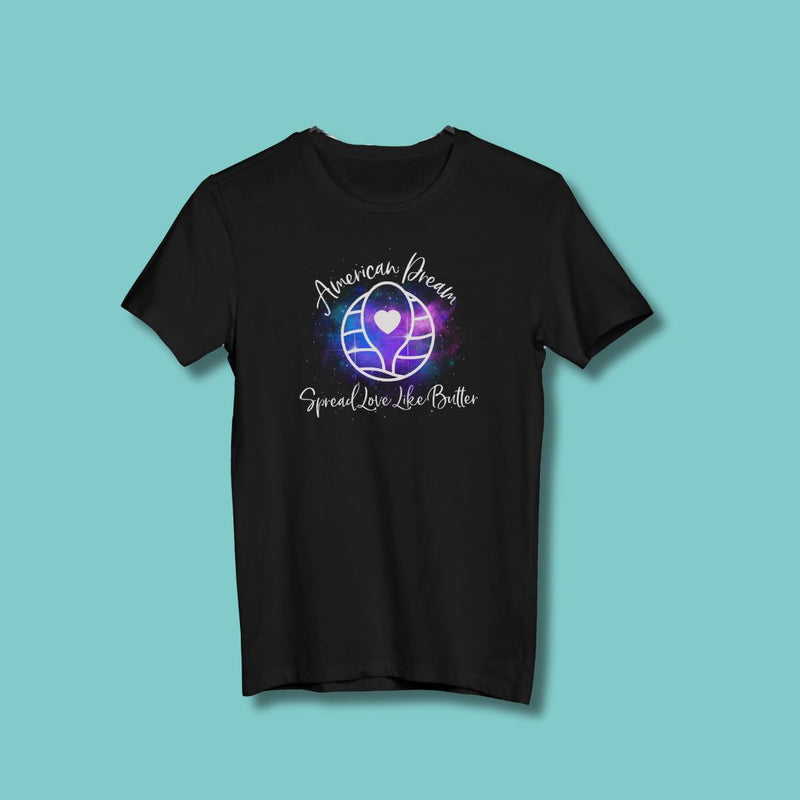 Merch
Merch
 Gifting
Gifting

